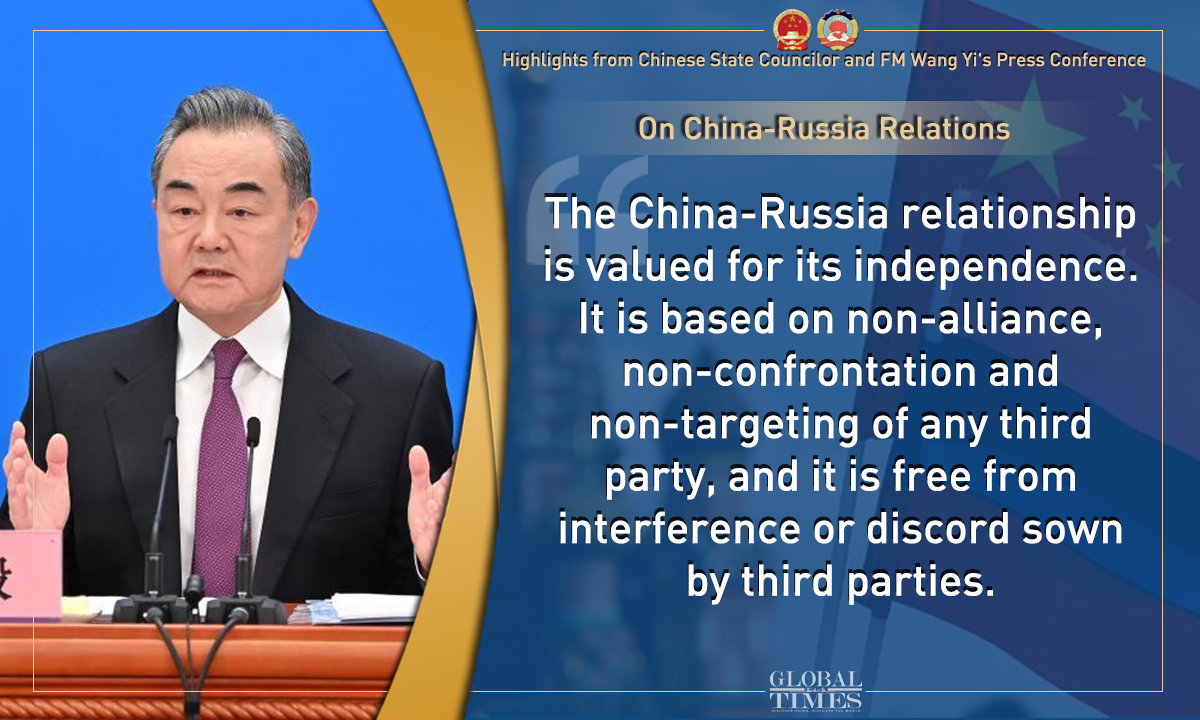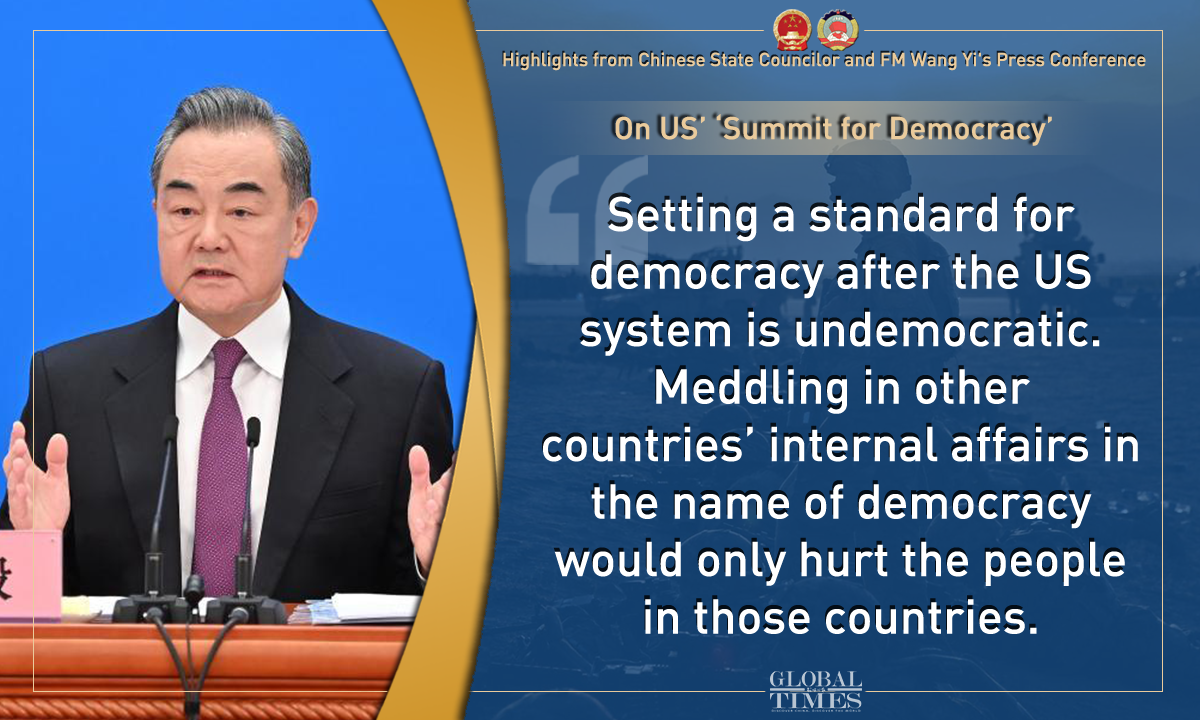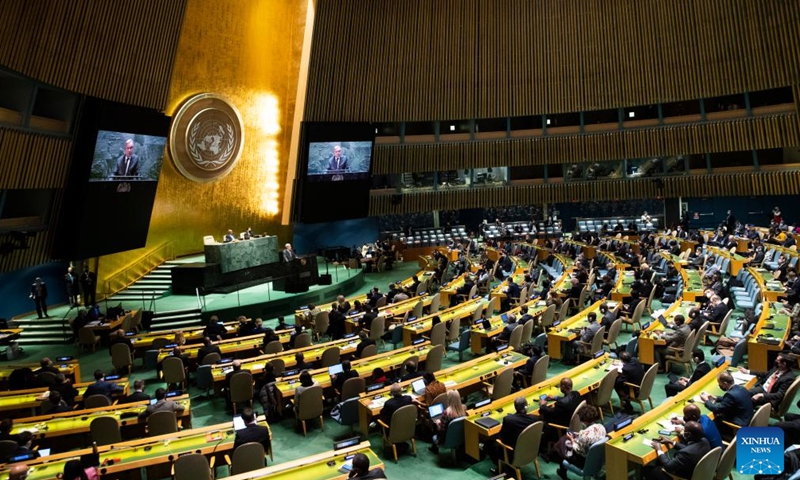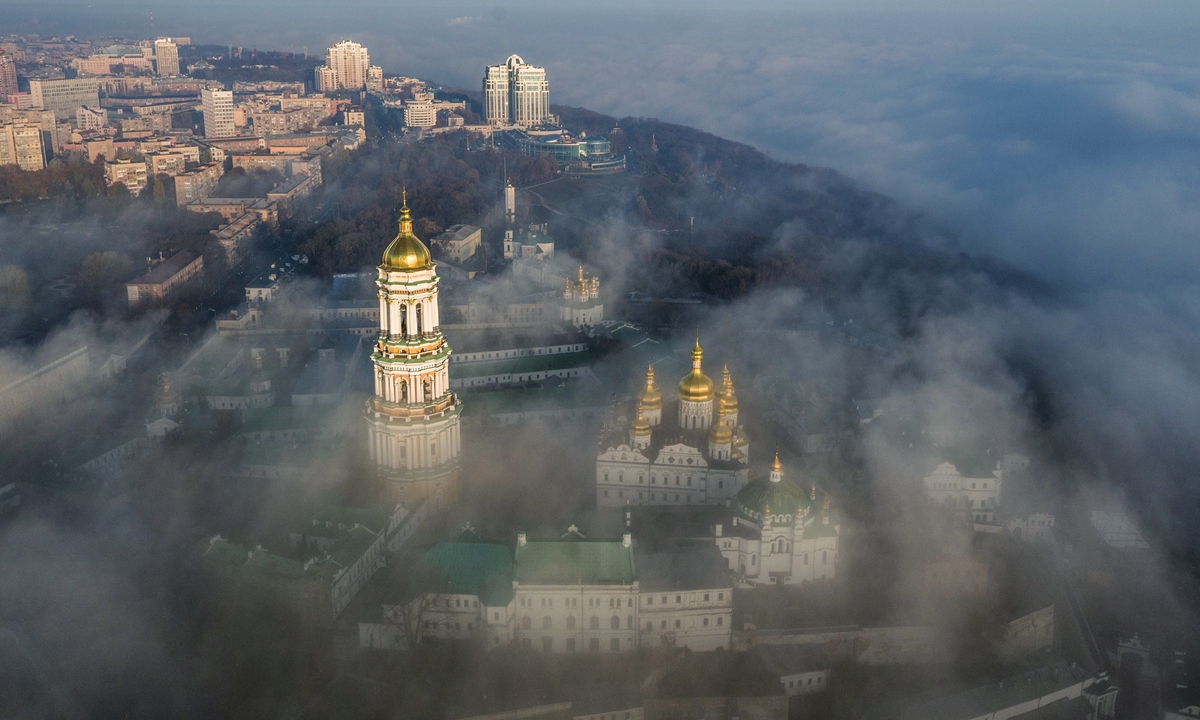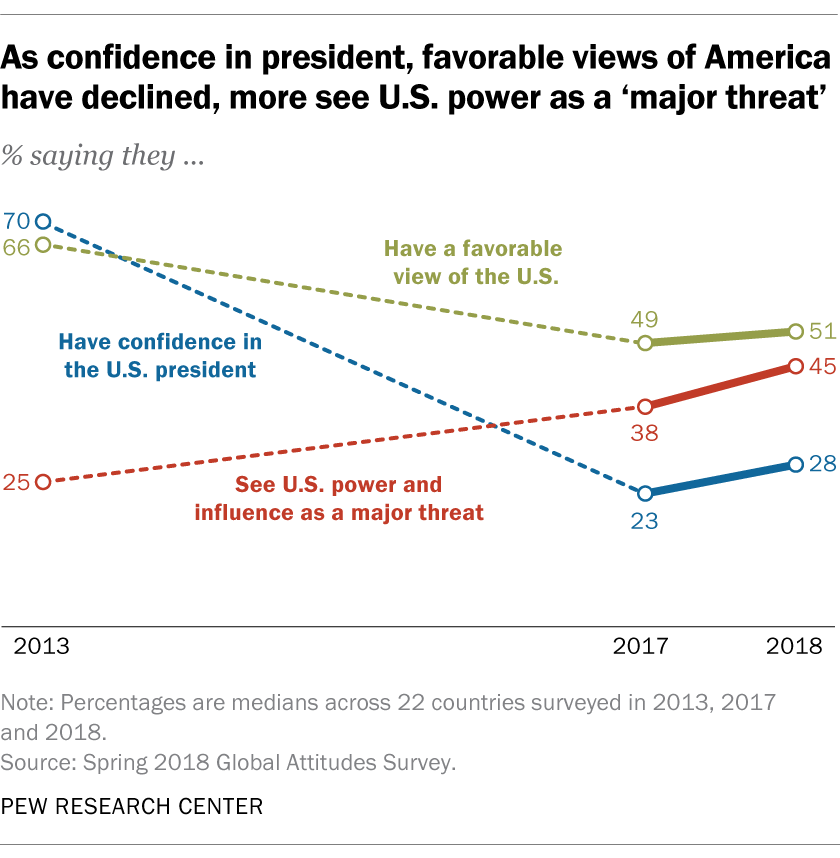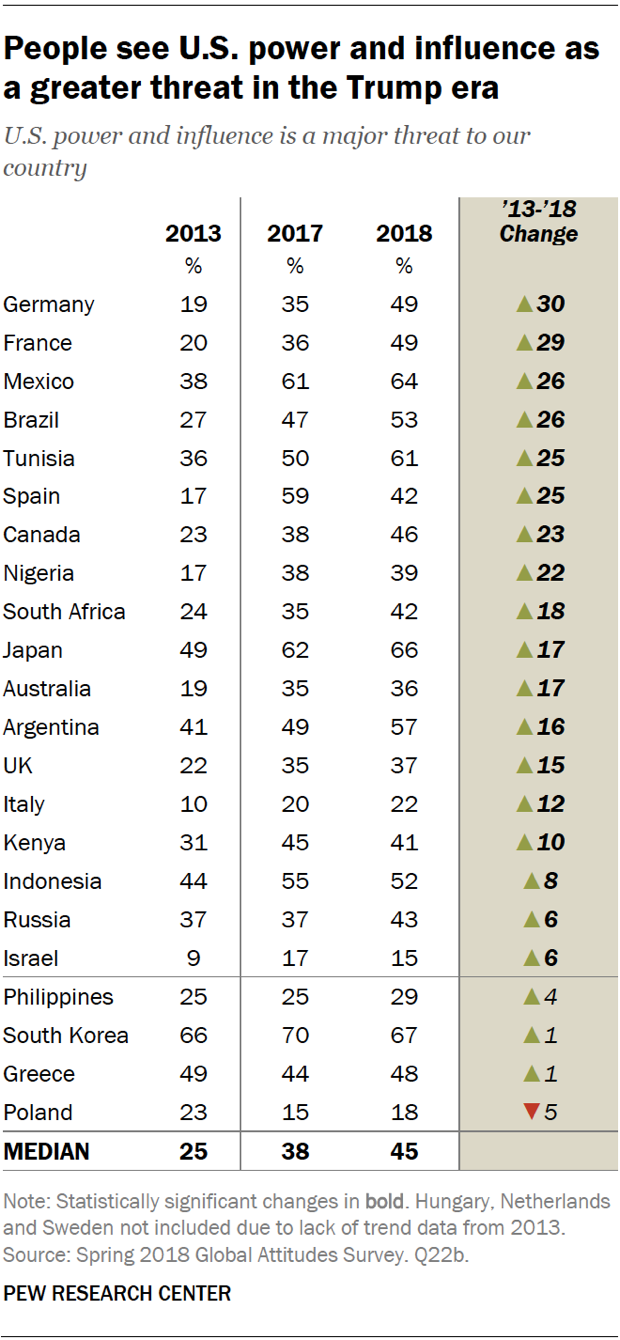
Impressive development: Joggers at the Lujiazui financial district in Shanghai. The 5.5% target for economic growth indicates that China’s economy is rebounding after the extensive pandemic-induced lockdowns. — Bloomberg
Experts laud Beijing’s priority on economic stability `
BEIJING: China’s efforts to prioritise its economic stability are significant in many ways, experts say, as the nation’s consistency and policies offer good prospects for benefits through shared development during the post-pandemic recovery.
`
On March 5, Premier Li Keqiang delivered the government work report to the fifth session of the 13th National People’s Congress (NPC), in which he expounded on the “milestone” year 2021 and major tasks ahead.
`
Gerald Mbanda, a Rwandan researcher and publisher on China and Africa, said the report was “impressive” as most of the socioeconomic development targets had been achieved and some exceeded their goals.
`
China “has offered a great lesson that irrespective of political, economic and racial differences, the world community can enjoy the benefits of shared development, rather than competing in isolation,” Mbanda said.
`
He praised China’s commitment to peaceful global development and promoting the shared values of all humanity, both of which have been central in global developmental projects like the Belt and Road Initiative, the mega infrastructure project.
New targets
`
The premier also announced a series of targets for China’s development in 2022.
`
These include gross domestic product growth of about 5.5%, some 11 million new urban jobs, achieving stable macroeconomic performance, maintaining job security, expanding high-level opening-up and achieving peak carbon emissions and carbon neutrality.Muhammad Faisal, a research fellow at the China-Pakistan Study Centre at the Institute of Strategic Studies Islamabad, said this year’s NPC session was “significant in many ways for focusing on national economic recovery and growth after the pandemic”.
`
“Although the set target of economic growth of around 5.5% is the second-lowest target during the past three decades, it indicates that China’s economy is rebounding after extensive pandemic-induced lockdowns,” he said.
`
The scholar welcomed China prioritising its economic stability in 2022, which he called a “crucial year”, by offering new measures like tax cuts for businesses and the construction sector.
`
The premier announced a new package of tax refunds and cuts totalling 2.5 trillion yuan (US$395.62bil or RM1.65 trillion) this year to support enterprises. — China Daily/ANN Source link
Dennis Munene, executive director of the China-Africa Center at the Africa Policy Institute, said the report clearly shows China's commitment to offering its citizens "strategic public goods" to spur economic growth and development in the post-COVID-19 era.
`
Munene said the new package of tax-and-fee policies for micro, small, and medium-sized enterprises is conducive to improving their cash flow, promoting consumption-driven investment, and further improving the system for refunding value-added tax credits-credits on a consumption tax levied on goods and services at each stage from production to sale.
`
Faisal said as China seeks to return to a normal life and mode of production, this year could indicate the easing of restrictions and the adoption of targeted interventions against the pandemic.
`
"Premier Li emphasized that local cases must be handled in a targeted manner and the normal order of work and life must be ensured. This is an important statement, considering the extensively enforced measures during the past 24 months," said Faisal.
`
Glenn Wijaya, an adviser to the Center for Indonesia-China Studies, welcomed China's consistent efforts in prioritizing the green sector.
`
"Green economy is something that is already ingrained (in China).Thus, this is something that is extremely constant throughout. Low carbon is a good illustration of this. It is something that is mandated by law," Wijaya said.
`
China "will lead other major nations in reducing carbon emissions, because, unlike other countries, it is consistent throughout, from political pronouncements to laws and regulations that influence businesses," Wijaya said.
`
"Although difficult challenges were met, the work report's great achievements give the Chinese people courage and strength to push forward with confidence in the leadership, for the commitment to improving the lives of the people, as well as giving hope that the country is steadily progressing toward realizing the Chinese Dream of national rejuvenation," Mbanda said.
`
Catalyzing Financial Connectivity through the Belt and Road...
Setting 'US standard for democracy' goes against democracy: Wang Yi to the ...
GT Exclusive: Various sources reveal US National Security Council released disinformation on ... Citing “anonymous officials” to release disinformation is an old trick the US has been using to mislead the public. The ..
West-backed anti-China organization exploits Ukraine crisis to further antagonistic agenda and division
While innocent civilians in Ukraine are suffering from the flames of conflict, which have brought the world under threat of being ripped further apart, some forces, as opposed to fixing the division, are taking advantage of the turbulence to smear China by peddling false information, aiming to "launch a war" against China.
Related posts:
Learn Common prosperity plan to build a fairer society in China
Journey to Rejuvenation

Who are the world good leaders?
China - World Leader
Tips from a tiger


